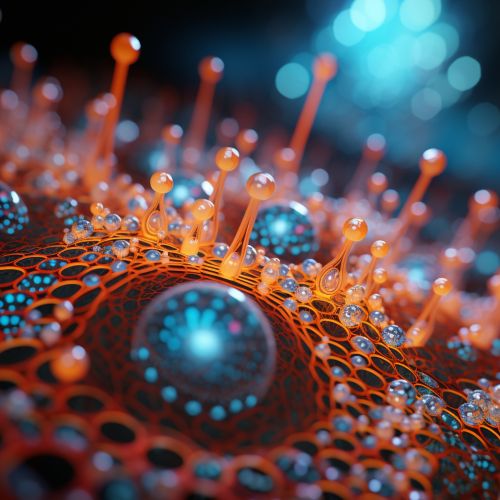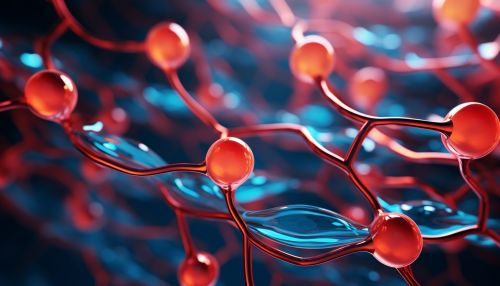The Role of Artificial Enzymes in Synthetic Biology
Introduction
Artificial enzymes are a class of enzyme mimics that are designed and synthesized to mimic the catalytic function of natural enzymes. They play a pivotal role in the field of synthetic biology, where they are used to create new biological systems or redesign existing ones.
Role of Artificial Enzymes in Synthetic Biology
Artificial enzymes are essential tools in synthetic biology due to their ability to catalyze specific reactions, much like their natural counterparts. They are used in various applications, including the production of biofuels, pharmaceuticals, and other valuable chemicals.


Design and Synthesis of Artificial Enzymes
The design and synthesis of artificial enzymes involve a combination of computational modeling, chemical synthesis, and biological testing. The goal is to create enzymes that can perform specific tasks with high efficiency and specificity.
Applications of Artificial Enzymes in Synthetic Biology
Artificial enzymes have a wide range of applications in synthetic biology. They are used in the production of biofuels, pharmaceuticals, and other valuable chemicals. They also play a crucial role in the development of biosensors and bioelectronics.
Challenges and Future Perspectives
Despite the significant advances in the field of artificial enzymes, there are still many challenges to overcome. These include improving the stability and activity of artificial enzymes, as well as developing methods for their large-scale production. The future of artificial enzymes in synthetic biology looks promising, with ongoing research focusing on overcoming these challenges and expanding their applications.
